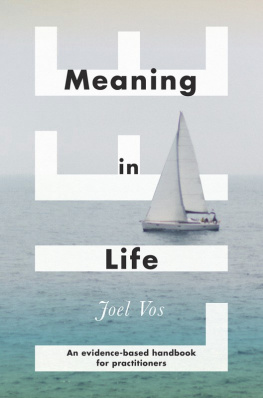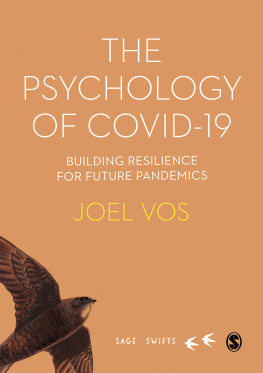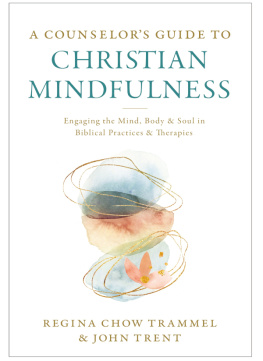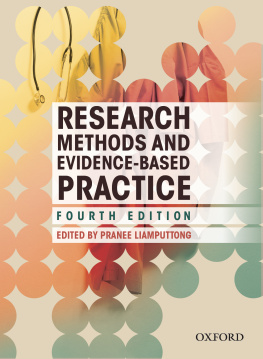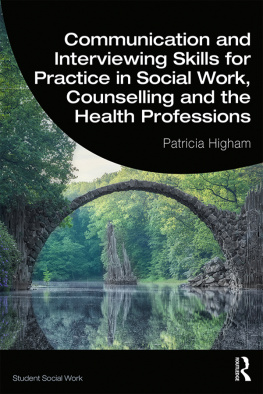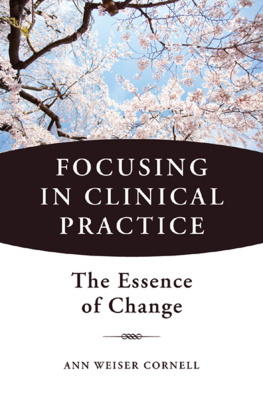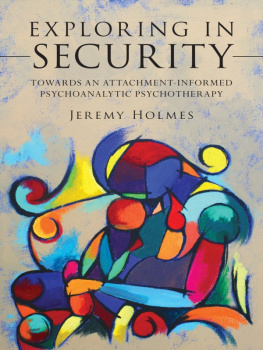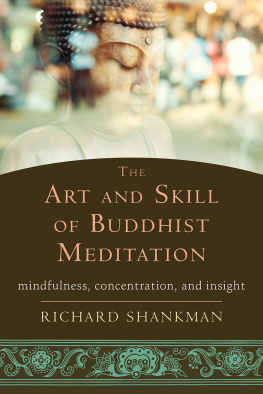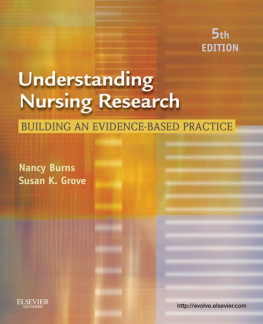MEANING IN LIFE
MEANING IN LIFE
AN EVIDENCE-BASED HANDBOOK FOR PRACTITIONERS
JOEL VOS

Joel Vos, under exclusive licence to Macmillan Publishers Ltd, part of Springer Nature 2018
All rights reserved. No reproduction, copy or transmission of this publication may be made without written permission.
No portion of this publication may be reproduced, copied or transmitted save with written permission or in accordance with the provisions of the Copyright, Designs and Patents Act 1988, or under the terms of any licence permitting limited copying issued by the Copyright Licensing Agency, Saffron House, 610 Kirby Street, London EC1N 8TS.
Any person who does any unauthorized act in relation to this publication may be liable to criminal prosecution and civil claims for damages.
The author has asserted his right to be identified as the author of this work in accordance with the Copyright, Designs and Patents Act 1988.
First published 2018 by
PALGRAVE
Palgrave in the UK is an imprint of Macmillan Publishers Limited, registered in England, company number 785998, of 4 Crinan Street, London, N1 9XW.
Palgrave and Macmillan are registered trademarks in the United States, the United Kingdom, Europe and other countries.
ISBN 9781137576682 paperback
This book is printed on paper suitable for recycling and made from fully managed and sustained forest sources. Logging, pulping and manufacturing processes are expected to conform to the environmental regulations of the country of origin.
A catalogue record for this book is available from the British Library.
A catalog record for this book is available from the Library of Congress.
I dedicate this book
to my parents who showed me how to live a meaningful life.
to my friends and relatives who make my life meaningful.
to my colleagues with whom I share the passion of meaning.
to my clients who show me the large diversity of meaning.
to my students who teach me how to teach about meaning.
to meaning as the energiser and compass in my life.
CONTENTS
LIST OF FIGURES AND TABLES
Figures
Tables
LIST OF QUESTIONNAIRES AND HANDOUTS IN THE TREATMENT MANUAL
Questionnaires to be sent and filled in by clients before assessment session
Assessment session
Session 1
Session 2
Session 3
Session 4
Session 5
Session 6
Session 7
Session 8
Session 9
INTRODUCTION
Aim of this book
Human development is like walking on a thin rope: walking and balancing from ignorance to wisdom.
(Loosely based on: Nietzsche, 1879)
This book will not reveal the Ultimate Meaning of Life. It will not show you where you can find the divine ladder that will take you from daily mundanity to eternal bliss. You will also not find the secret to miraculously curing every individual of every problem in life. It will not tell you how you must live your life. It will not impose anything. It will merely invite you to keep your feet on the earth: explore what is meaningful to you and your clients, while maintaining a healthy dose of scepticism.
At the same time, you will not be invited to join the chorus of radi-cal sceptics, for whom nothing else exists other than firing neurons and mechanistic social pressures. The rich subjective experiences of meaning and love can rise above these bleak materialistic and mechanistic perspectives. When we walk around in the landscape of our experiences, we are not doomed to wandering around like zombies on deserted planes, but we can climb into the mountains. We can experience love, excitement, passion, flow, satisfaction and live life to the fullest. This book will invite you to explore the heights of what you and your clients experience as meaningful. It will not tell that anything goes for any client and any therapist in any random direction. Instead, it will guide you. You will be directed by systematic research and clinical experience into the mountains, which will suggest how you can live a meaningful life, while using both your scepticism and your intuition as a compass.
This book is intended for practitioners and researchers who want to walk this thin rope, balancing between meaningful experiences and sceptical science. This balancing act is urgently needed. The traditional answers from clergymen and philosophers have lost their spell in our secularised era. Consequently, many individuals do not know how to live a meaningful life in the complex modern society. Many self-acclaimed experts have jumped in to fill this gap left by the fading answers to the quest for meaning. Every day, more than 10,000 new web pages are written, and the term meaning in life yields millions of results in internet search engines. It seems as though everyone has become an expert on meaning and possibly they are, as we are all experts about our own life. Many hits refer to New Age websites and abstract philosophical reflections, which can be inspiring but limiting in their actual usefulness in daily life. The tone of some authors is also black-and-white, leaving out individual freedom and scientific scepticism. A better balance between inspiration and a down-to-earth approach may be beneficial.
Several expert-practitioners have also jumped into this meaning-less gap and have written inspiring texts about their clinical experience, and theoretical and philosophical models on meaning. These works are extremely valuable as they reflect many years of experience. However, some texts are also biased towards the subjective opinion of the authors, as they are not grounded in systematic scientific research. To know what really works, it is crucial to test these ideas in unbiased studies. A litmus test is to ask for systematic evidence gathered by independent researchers in repeated studies and multiple samples. This evidence should not only support the overall effectiveness of the practices, such as testing whether the well-being scores of clients improve after receiving meaning-centred therapy, but the full underlying philosophy and all practitioners skills need to be empirically validated having a recipe for meaningful change is not good enough when the individual ingredients for that change are rotten. For example, we need to examine in detail how different individuals experience meaning differently. We need to understand why individuals ask questions about meaning: how does meaning matter, and how do possible problems develop? How does meaning change, and how can practitioners help clients? How do our activities as meaning-centred practitioners logically follow on from this (Kazdin, 2014; Vos, 2016)?
Therefore, to separate the wheat from the chaff, of this book answers such questions. This will describe how different individuals in history have had different philosophies of meaning in life. This will be followed by scientific literature on meaning, and evidence-based skills that meaning-centred practitioners use. The term evidence-base refers to meaning-centred practices that have been studied systematically, with quantitative or qualitative research, or systematic philosophy and arguments.
However, scientific studies may not clearly tell us what to do in our daily practices. Research findings require a translation for practitioners. Therefore, this book also provides practical activities and exercises for practitioners to help their clients with meaning-centred questions, while these are explicitly rooted in the largest possible body of available systematic empirical research. Thus, the aim of this book is to use the body of scientific literature to provide practical guidance for meaning-centred discuss specific practical skills and research evidence for each skill. The final part of the book consists of a common-denominator treatment manual based on the most effective meaning-centred practices.
Next page
